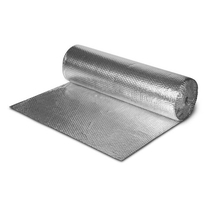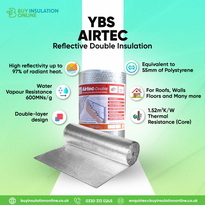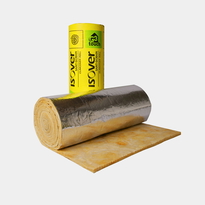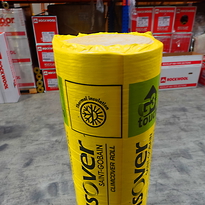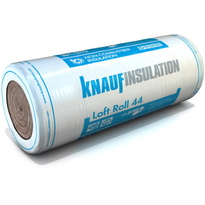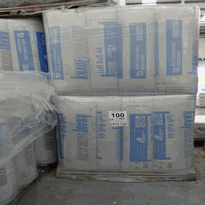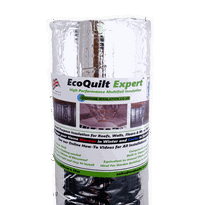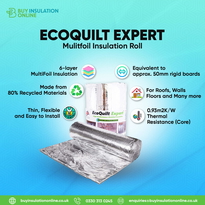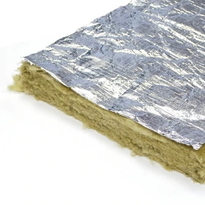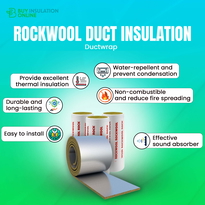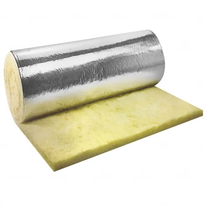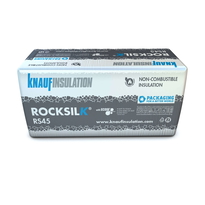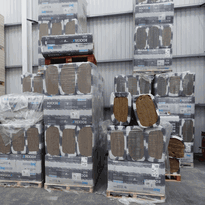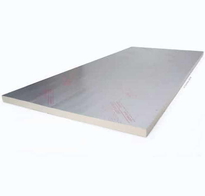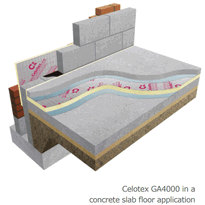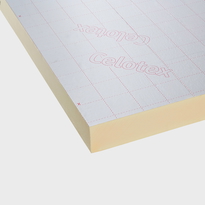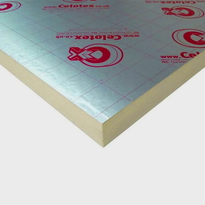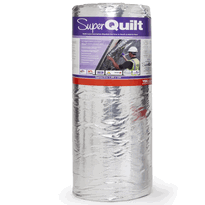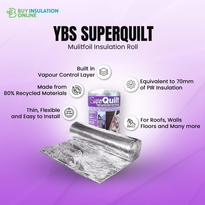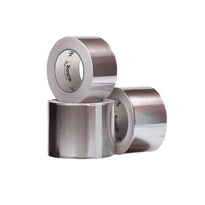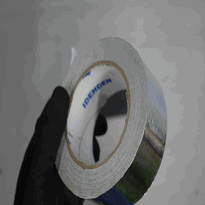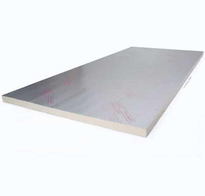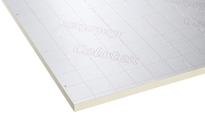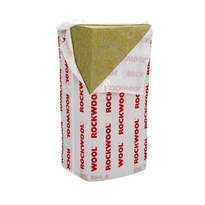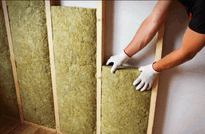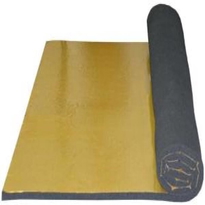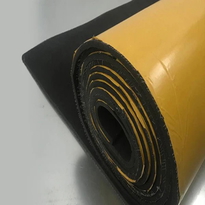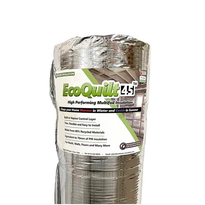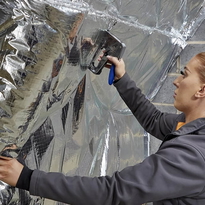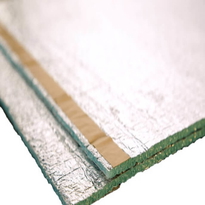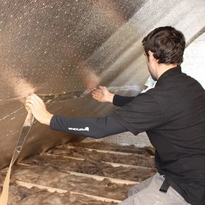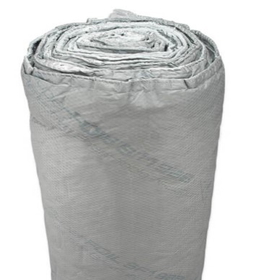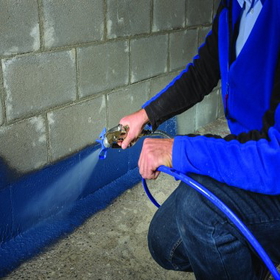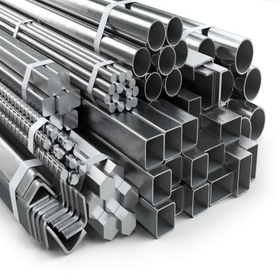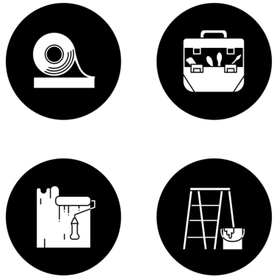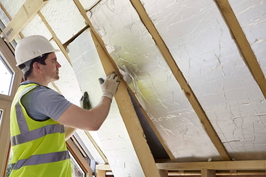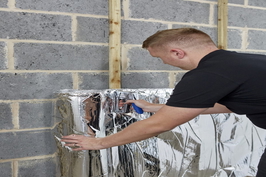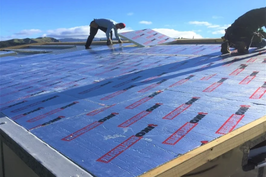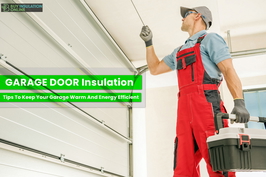Similar Categories
How to Choose and Install the Best Insulation for Garage
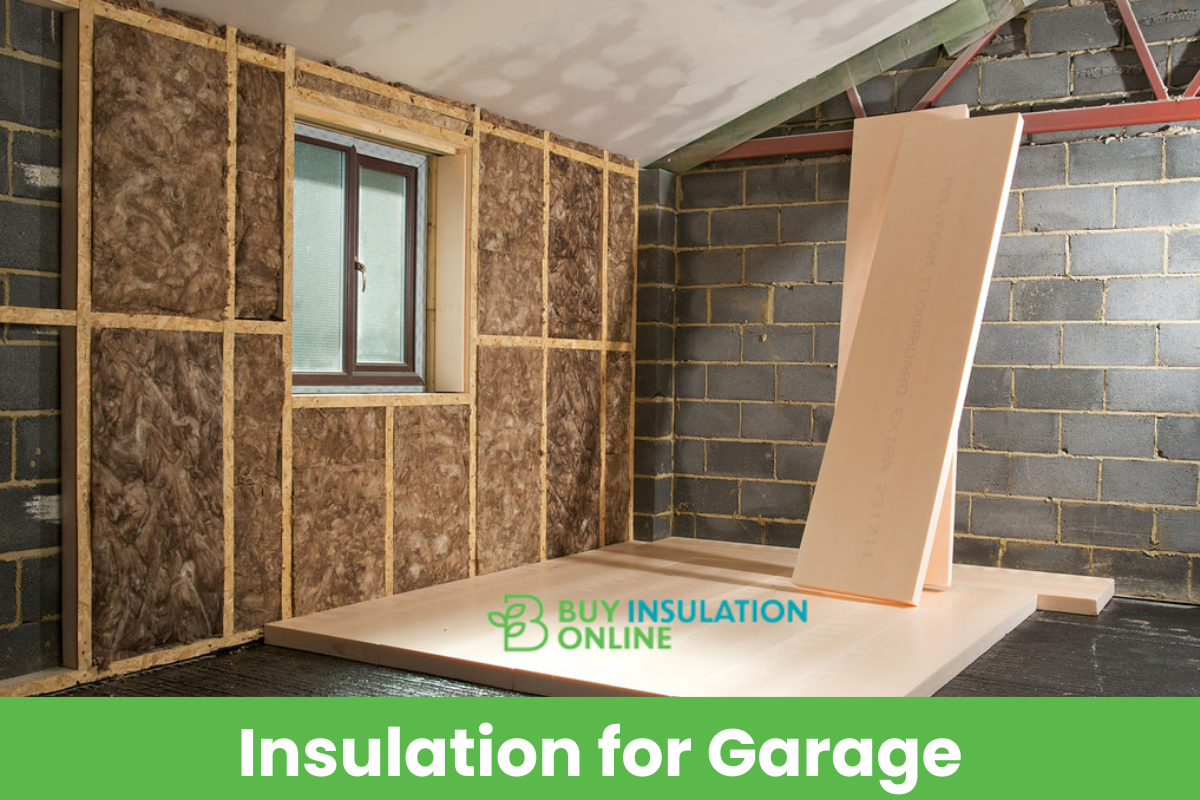 If you have a garage, you may want to insulate it for various reasons. Maybe you want to use it as a workshop, a home office, a gym, or a storage space. Maybe you want to protect your car and other belongings from extreme temperatures and moisture. Maybe you want to save energy and reduce your heating and cooling bills. Whatever your motivation, insulation for garage can make a big difference in the comfort and functionality of your space.
If you have a garage, you may want to insulate it for various reasons. Maybe you want to use it as a workshop, a home office, a gym, or a storage space. Maybe you want to protect your car and other belongings from extreme temperatures and moisture. Maybe you want to save energy and reduce your heating and cooling bills. Whatever your motivation, insulation for garage can make a big difference in the comfort and functionality of your space.
But how do you choose the best insulation for your garage? And how do you install it properly?
In this article, we will answer these questions and guide you through the process of insulating your garage.
We will also introduce you to some of the best products from Buy Insulation Online, we are a leading online retailer of insulation materials and accessories.
Why Insulate Your Garage?
Before we get into the details of how to insulate your garage, let’s first understand why it is important to do so. Here are some of the benefits of insulation for garages:
- Thermal comfort: Insulation for a garage can help maintain a consistent temperature inside your garage, regardless of the weather outside. This can make your garage more comfortable and usable throughout the year. You can also avoid problems such as frozen pipes, condensation, mould, and rust that can damage your property and health.
- Energy efficiency: Insulation for garage can reduce the amount of heat transfer between your garage and the rest of your house. This can lower your energy consumption and costs, as you won’t need to run your heating or cooling system as much. You can also prevent heat loss or gain through the garage door, which is often the largest opening in your house.
- Noise reduction: Insulation for garage can also act as a sound barrier, blocking or absorbing unwanted noises from outside or inside your garage. This can improve the acoustics of your garage and make it more suitable for activities such as music, gaming, or working. You can also protect your privacy and avoid disturbing your neighbours or family members with loud noises from your garage.
- Fire safety: Insulation for garage can also enhance the fire resistance of your garage, especially if you use non-combustible materials such as mineral wool or glass wool. This can slow down the spread of fire in case of an accident or emergency, giving you more time to escape or call for help. You can also prevent sparks or flames from reaching flammable items in your garage, such as gasoline, paint, or wood.
How to Choose the Best Insulation for Garage?
Now that you know why insulation for garage is important, let’s see how you can choose the best insulation for garage for your needs. There are several factors that you need to consider when selecting insulation for garage, such as:
- The type of insulation: There are different types of insulation materials available in the market, each with its own advantages and disadvantages. Some of the most common types are:
- Fiberglass: Fiberglass is one of the most popular and affordable types of insulation for garage. It is made of fine glass fibres that are spun into a fluffy material that traps air and reduces heat transfer. Fiberglass is lightweight, easy to install, and resistant to moisture and pests. However, fibreglass can also irritate your skin, eyes, and lungs if not handled properly. You also need to wear protective gear when installing fibreglass insulation for garage.
- Mineral wool: Mineral wool is another type of insulation for garage that is made of natural or synthetic fibers that are melted and spun into a wool-like material. Mineral wool is similar to fibreglass in terms of thermal performance, but it has some additional benefits. Mineral wool is non-combustible, water-repellent, sound-absorbent, and environmentally friendly. However, mineral wool can also be more expensive and heavier than fibreglass.
- Foam board: Foam board is a type of insulation for garage that is made of rigid panels of foam that are cut to fit between the studs or rafters of your garage wall or ceiling. Foam board has a high R-value per inch, which means it provides more insulation than other types of materials with the same thickness. Foam board is also easy to install and resistant to moisture and pests. However, foam board can also be more expensive and flammable than other types of insulation for garage.
- Spray foam: Spray foam is a type of insulation for garage that is applied as a liquid that expands and hardens into a foam that fills the gaps and cracks in your garage wall or ceiling. Spray foam has the highest R-value per inch among all types of insulation materials, which means it provides the most insulation with the least amount of space. Spray foam is also very effective at sealing air leaks and preventing moisture and pest problems. However, spray foam can also be the most expensive and difficult-to-install type of insulation for garage. You also need to hire a professional contractor to apply spray foam insulation for garage.
- Multifoil: Multifoil is a type of insulation for garage that is made of multiple layers of foil, foam, and wadding that reflect and trap heat. Multifoil is very thin and flexible, which makes it ideal for insulating irregular or tight spaces in your garage. Multifoil is also easy to install and resistant to moisture and pests. However, multifoil can also be less effective than other types of insulation materials in terms of thermal performance. You also need to use an air gap or a breathable membrane when installing multifoil insulation for garage.
- The R-value: The R-value is a measure of how well an insulation material can resist heat transfer. The higher the R-value, the better the insulation. The R-value depends on the type, thickness, and density of the insulation material, as well as the temperature difference between the inside and outside of your garage. The R-value you need for your garage depends on your climate, your garage design, and your energy goals. You can use online calculators or consult with an insulation expert to determine the optimal R-value for your garage.
- The installation method: The installation method refers to how you attach the insulation material to your garage wall or ceiling. There are different installation methods available, such as:
- Batt or roll: Batt or roll insulation is a type of insulation for garage that comes in pre-cut pieces or rolls that fit between the studs or rafters of your garage wall or ceiling. Batt or roll insulation is easy to install, as you just need to unroll or unfold it and staple or nail it in place. However, batt or roll insulation can also leave gaps or voids that reduce its effectiveness. You also need to cut or trim it to fit around obstacles such as pipes, wires, or outlets.
- Blown-in: Blown-in insulation is a type of insulation for garage that comes in loose fibres that are blown into your garage wall or ceiling using a special machine. Blown-in insulation is very effective at filling the gaps and cracks in your garage wall or ceiling, as it conforms to any shape or size. However, blown-in insulation can also be messy and difficult to install. You also need to hire a professional contractor to install blown-in insulation for garage.
- Spray-on: Spray-on insulation is a type of insulation for garage that comes in liquid form that is sprayed onto your garage wall or ceiling using a special nozzle. Spray-on insulation is similar to spray foam in terms of performance and application, but it uses different types of materials such as cellulose, fibreglass, or mineral wool. Spray-on insulation is also very effective at sealing air leaks and preventing moisture and pest problems. However, spray-on insulation can also be expensive and difficult to install. You also need to hire a professional contractor to install spray-on insulation for garage.
How to Install Insulation for Garage?
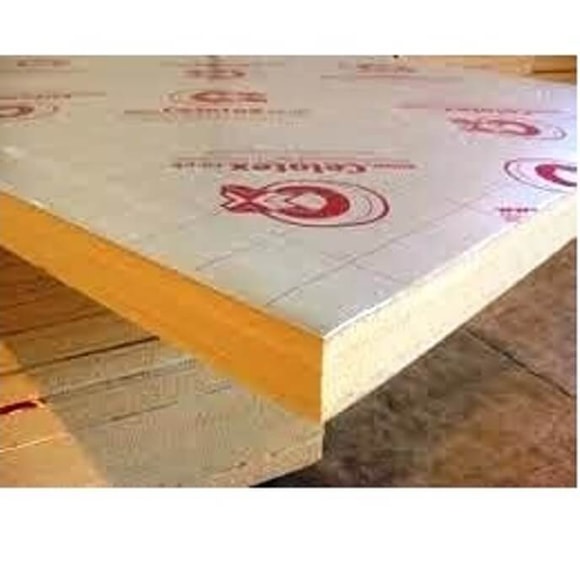 Once you have chosen the best type of garage insulation for your needs, you can proceed with the installation process. The installation process may vary depending on the type of insulation material and method you use, but here are some general steps that you can follow:
Once you have chosen the best type of garage insulation for your needs, you can proceed with the installation process. The installation process may vary depending on the type of insulation material and method you use, but here are some general steps that you can follow:
- Prepare your garage: Before you start installing insulation for garage, you need to prepare your garage by cleaning it and removing any clutter or debris. You also need to repair any holes or cracks in your garage wall or ceiling that may affect the performance of your insulation. You also need to measure your garage wall or ceiling and calculate how much insulation material you need.
- Choose your safety gear: Installing insulation for garage can be hazardous if not done properly. You need to protect yourself from potential injuries or health risks by wearing appropriate safety gear such as gloves, goggles, mask, long sleeves, pants, and boots. You also need to ventilate your garage well and avoid working near any sources of heat or flame.
- Install your insulation material: Depending on the type of insulation material and method you use, you need to follow different instructions on how to install it properly. You can refer to the manufacturer’s guidelines or consult with an insulation expert for more details. Here are some general tips that you can follow:
- Batt or roll: To install batt or roll insulation for garage, you need to unroll or unfold it and cut it to fit between the studs or rafters of your garage wall or ceiling. You need to make sure that there are no gaps or voids between the pieces of insulation or between the insulation and the framing. You also need to cut or trim the insulation around any obstacles such as pipes, wires, or outlets. You can use a utility knife, scissors, or a saw to cut the insulation material. You can then staple or nail the insulation to the framing using a hammer or a stapler. You need to make sure that the insulation is snug and secure, but not too tight or compressed.
- Blown-in: To install blown-in insulation for the garage, you need to hire a professional contractor who has the equipment and expertise to do the job. The contractor will use a machine that blows the loose fibres of insulation into your garage wall or ceiling through a hose. The contractor will fill the cavities of your garage wall or ceiling with the insulation material, making sure that there are no gaps or voids. The contractor will also trim any excess insulation that sticks out of the framing.
- Spray-on: To install spray-on insulation for the garage, you need to hire a professional contractor who has the equipment and expertise to do the job. The contractor will use a nozzle that sprays the liquid insulation material onto your garage wall or ceiling. The liquid insulation material will expand and harden into a foam that fills the gaps and cracks in your garage wall or ceiling. The contractor will also trim any excess foam that sticks out of the framing.
- Finish your installation: After you have installed your insulation material, you need to finish your installation by covering it with a suitable material such as drywall, plywood, or panelling. This will protect your insulation from damage and improve the appearance of your garage. You can also paint or decorate your garage wall or ceiling as you wish.
What are the Best Products from Buy Insulation Online?
If you are looking for high-quality and affordable insulation products for your garage, you can check out Buy Insulation Online, a leading online retailer of insulation materials and accessories. Buy Insulation Online offers a wide range of products from different brands and categories, such as:
- EcoQuilt Expert Multifoil Insulation: EcoQuilt Expert Multifoil Insulation is a thin and flexible multifoil insulation product that is ideal for insulating roofs, walls, floors, and lofts. EcoQuilt Expert Multifoil Insulation is easy to install and can be used with other types of insulation materials to enhance their performance. EcoQuilt Expert Multifoil Insulation has a thermal resistance of 2.2 m2K/W and can reflect up to 97% of radiant heat.
- Isover Climcover Aluminium Faced Glass Mineral Wool Duct Wrap: Isover Climcover Aluminium Faced Glass Mineral Wool Duct Wrap is a high-performance glass mineral wool product that is designed to insulate ducts and pipes in HVAC systems. Isover Climcover Aluminium-Faced Glass Mineral Wool Duct Wrap has an aluminium foil facing that provides a vapour barrier and a reflective surface. Isover Climcover Aluminium-Faced Glass Mineral Wool Duct Wrap has a thermal conductivity of 0.035 W/mK and can reduce heat loss or gain by up to 85%.
- IKO Enertherm PIR Insulation Board: IKO Enertherm PIR Insulation Board is a rigid foam board product that is made of polyisocyanurate (PIR), a type of foam that has excellent thermal and fire properties. IKO Enertherm PIR Insulation Board has an aluminium foil facing on both sides that provides a vapour barrier and a reflective surface. IKO Enertherm PIR Insulation Board has a thermal conductivity of 0.022 W/mK and can provide up to 50% more insulation than other types of foam boards.
- Celotex GA4000 Aluminium Faced High-Performance PIR Insulation Board: Celotex GA4000 Aluminium Faced High-Performance PIR Insulation Board is another rigid foam board product that is made of polyisocyanurate (PIR), but with a higher density and strength than IKO Enertherm PIR Insulation Board. Celotex GA4000 Aluminium-Faced High Performance PIR Insulation Board has an aluminium foil facing on both sides that provides a vapour barrier and a reflective surface. Celotex GA4000 Aluminium-Faced High-Performance PIR Insulation Board has a thermal conductivity of 0.022 W/mK and can provide up to 50% more insulation than other types of foam boards.
- Rockwool Aluminium-Faced Mineral Wool Duct Wrap: Rockwool Aluminium-Faced Mineral Wool Duct Wrap is a high-performance mineral wool product that is designed to insulate ducts and pipes in HVAC systems. Rockwool Aluminium-Faced Mineral Wool Duct Wrap has an aluminium foil facing that provides a vapour barrier and a reflective surface. Rockwool Aluminium-Faced Mineral Wool Duct Wrap has a thermal conductivity of 0.034 W/mK and can reduce heat loss or gain by up to 85%. Rockwool Aluminium-Faced Mineral Wool Duct Wrap is also non-combustible, water-repellent, sound-absorbent, and environmentally friendly.
- Knauf Mineral Wool Loft Insulation Multi-Roll: Knauf Mineral Wool Loft Insulation Multi-Roll is a versatile and economical mineral wool product that is suitable for insulating lofts, attics, roofs, walls, and floors. Knauf Mineral Wool Loft Insulation Multi-Roll comes in rolls that can be easily cut and fitted between the studs or rafters of your garage wall or ceiling. Knauf Mineral Wool Loft Insulation Multi-Roll has a thermal conductivity of 0.044 W/mK and can provide up to 40% more insulation than other types of mineral wool products.
- Knauf Rocksil RS45 Rock Mineral Wool Acoustic and Thermal Insulation Slab: Knauf Rocksil RS45 Rock Mineral Wool Acoustic and Thermal Insulation Slab is a premium rock mineral wool product that is designed to provide both acoustic and thermal insulation for your garage. Knauf Rocksil RS45 Rock Mineral Wool Acoustic and Thermal Insulation Slab comes in slabs that can be easily cut and fitted between the studs or rafters of your garage wall or ceiling. Knauf Rocksil RS45 Rock Mineral Wool Acoustic and Thermal Insulation Slab has a thermal conductivity of 0.035 W/mK and can reduce noise levels by up to 50 dB. Knauf Rocksil RS45 Rock Mineral Wool Acoustic and Thermal Insulation Slab is also non-combustible, water-repellent, sound-absorbent, and environmentally friendly.
- Celotex XR4000 Aluminium Faced High-Performance PIR Insulation Board: Celotex XR4000 Aluminium Faced High-Performance PIR Insulation Board is a rigid foam board product that is made of polyisocyanurate (PIR), but with a higher thickness and R-value than Celotex GA4000 Aluminium Faced High-Performance PIR Insulation Board. Celotex XR4000 Aluminium-Faced High-Performance PIR Insulation Board has an aluminium foil facing on both sides that provides a vapour barrier and a reflective surface. Celotex XR4000 Aluminium-Faced High-Performance PIR Insulation Board has a thermal conductivity of 0.022 W/mK and can provide up to 50% more insulation than other types of foam boards.
- SuperQuilt Mulitfoil Insulation Roll: SuperQuilt Mulitfoil Insulation Roll is a thin and flexible multifoil insulation product that is ideal for insulating roofs, walls, floors, and lofts. SuperQuilt Multifoil Insulation Roll is easy to install and can be used with other types of insulation materials to enhance their performance. SuperQuilt Multifoil Insulation Roll has a thermal resistance of 2.5 m2K/W and can reflect up to 97% of radiant heat.
- Bostik T303 Self Adhesive Aluminium Foil Roll Tape: Bostik T303 Self Adhesive Aluminium Foil Roll Tape is a handy accessory that can be used to seal the joints and edges of your insulation material, especially if you use foil-faced products such as multifoil or foam board. Bostik T303 Self-Adhesive Aluminium Foil Roll Tape has a strong adhesive backing those sticks to most surfaces. Bostik T303 Self Adhesive Aluminium Foil Roll Tape also provides a vapour barrier and a reflective surface.
- Celotex TB4000 Aluminium Faced High-Performance PIR Insulation Board: Celotex TB4000 Aluminium Faced High-Performance PIR Insulation Board is a rigid foam board product that is made of polyisocyanurate (PIR) but with a lower thickness and R-value than Celotex GA4000 Aluminium Faced High-Performance PIR Insulation Board. Celotex TB4000 Aluminium-Faced High-Performance PIR Insulation Board has an aluminium foil facing on both sides that provides a vapour barrier and a reflective surface. Celotex TB4000 Aluminium-Faced High-Performance PIR Insulation Board has a thermal conductivity of 0.022 W/mK and can provide up to 50% more insulation than other types of foam boards.
- Rockwool RWA45 Mineral Wool Thermal and Acoustic Insulation Slab: Rockwool RWA45 Mineral Wool Thermal and Acoustic Insulation Slab is another premium mineral wool product that is designed to provide both thermal and acoustic insulation for your garage. Rockwool RWA45 Mineral Wool Thermal and Acoustic Insulation Slab comes in slabs that can be easily cut and fitted between the studs or rafters of your garage wall or ceiling. Rockwool RWA45 Mineral Wool Thermal and Acoustic Insulation Slab has a thermal conductivity of 0.035 W/mK and can reduce noise levels by up to 50 dB. Rockwool RWA45 Mineral Wool Thermal and Acoustic Insulation Slabs are also non-combustible, water-repellent, sound-absorbent, and environmentally friendly.
- YBS Airtec Reflective Double Insulation: YBS Airtec Reflective Double Insulation is a thin and flexible multifoil insulation product that is ideal for insulating roofs, walls, floors, and lofts. YBS Airtec Reflective Double Insulation is easy to install and can be used with other types of insulation materials to enhance their performance. YBS Airtec Reflective Double Insulation has a thermal resistance of 1.51 m2K/W and can reflect up to 95% of radiant heat.
- EcoQuilt Multi-Layered Foil Insulation: EcoQuilt Multi-Layered Foil Insulation is another thin and flexible multifoil insulation product that is ideal for insulating roofs, walls, floors, and lofts. EcoQuilt Multi-Layered Foil Insulation is easy to install and can be used with other types of insulation materials to enhance their performance. EcoQuilt Multi-Layered Foil Insulation has a thermal resistance of 1.55 m2K/W and can reflect up to 97% of radiant heat.
- Isover Climcover Strong Aluminium Faced Glass Mineral Wool Duct Wrap: Isover Climcover Strong Aluminium Faced Glass Mineral Wool Duct Wrap is a high-performance glass mineral wool product that is designed to insulate ducts and pipes in HVAC systems. Isover Climcover Strong Aluminium-Faced Glass Mineral Wool Duct Wrap has an aluminium foil facing that provides a vapour barrier and a reflective surface. Isover Climcover Strong Aluminium-Faced Glass Mineral Wool Duct Wrap has a thermal conductivity of 0.035 W/mK and can reduce heat loss or gain by up to 85%.
- Xtratherm Foil Faced PIR Rigid Insulation Board: Xtratherm Foil Faced PIR Rigid Insulation Board is a rigid foam board product that is made of polyisocyanurate (PIR), a type of foam that has excellent thermal and fire properties. Xtratherm Foil Faced PIR Rigid Insulation Board has an aluminium foil facing on both sides that provides a vapour barrier and a reflective surface. Xtratherm Foil Faced PIR Rigid Insulation Board has a thermal conductivity of 0.022 W/mK and can provide up to 50% more insulation than other types of foam boards.
These are some of the best products from Buy Insulation Online that you can use to insulate your garage. You can browse our website for more information and details on how to order and install these products. You can also contact our customer service team for any queries or assistance.
Conclusion
In conclusion, insulating your garage provides essential benefits, including enhanced comfort, energy efficiency, noise reduction, and improved safety. Choosing the right insulation material and method is crucial for success.
Buy Insulation Online offers a comprehensive range of high-quality insulation products to meet your specific needs, whether it's multifoil, mineral wool, PIR insulation boards, or more. Prepare your garage by cleaning and repairing any damage, prioritize safety, and follow proper installation methods. A well-insulated garage enhances your space's usability and energy savings, making it a valuable investment.
For further information on our products and project assistance, please explore our website or contact our customer service team. We're here to help you achieve a well-insulated and comfortable garage, ensuring long-term benefits for your property.
Frequently Asked Questions
Q: What is the importance of insulating a garage?
A: Insulating a garage can provide several benefits. It helps regulate temperature inside the garage, making it more comfortable to work in during extreme weather conditions. It also helps reduce energy consumption and lowers heating and cooling costs.
Q: How can I insulate my garage?
A: There are several ways to insulate a garage. You can insulate the walls, ceiling, garage door, and even the floor. The choice depends on your specific needs and budget.
Q: What is the best insulation option for a garage?
A: The best insulation option for a garage depends on various factors such as the climate in your area, the intended use of the garage, and your budget. Common options include fiberglass insulation, rigid foam insulation, and cellulose insulation.
Q: Can I use the garage as a living space after insulating it?
A: Yes, insulating a garage can make it more suitable for use as a living space. However, it is important to check with local building codes and regulations to ensure compliance with safety and habitability standards.
Q: How can I insulate my garage door?
A: You can insulate your garage door by using a garage door insulation kit. These kits typically include insulation panels or reflective barriers that can be attached to the back of the garage door to improve insulation.
Q: Do I need to insulate the garage floor?
A: Insulating the garage floor is not always necessary, especially if the garage is not connected to the main living space. However, if you plan to use the garage as a workshop or a living area, insulating the floor can help improve comfort and energy efficiency.
Q: Can I insulate a detached garage?
A: Yes, you can insulate a detached garage. Insulating the walls, ceiling, and garage door of a detached garage can help maintain a more comfortable temperature inside and protect any items stored inside from extreme weather conditions.
Q: What is the difference between cavity wall insulation and external wall insulation?
A: Cavity wall insulation involves filling the gap or cavity between the inner and outer layers of a wall with insulation material. External wall insulation, on the other hand, involves adding insulation to the outside of the wall to improve thermal performance.
Q: Can I convert my garage into a living space after insulating it?
A: Insulating your garage is a good first step if you plan to convert it into a living space. However, you will also need to consider other factors such as ventilation, electrical work, and compliance with local building codes and regulations.
Q: Can I insulate my garage directly under the roof?
A: Insulating the garage directly under the roof, also known as a warm roof system, can be an effective way to prevent heat loss and improve energy efficiency. This method involves adding insulation between the roof rafters or using insulation boards.

